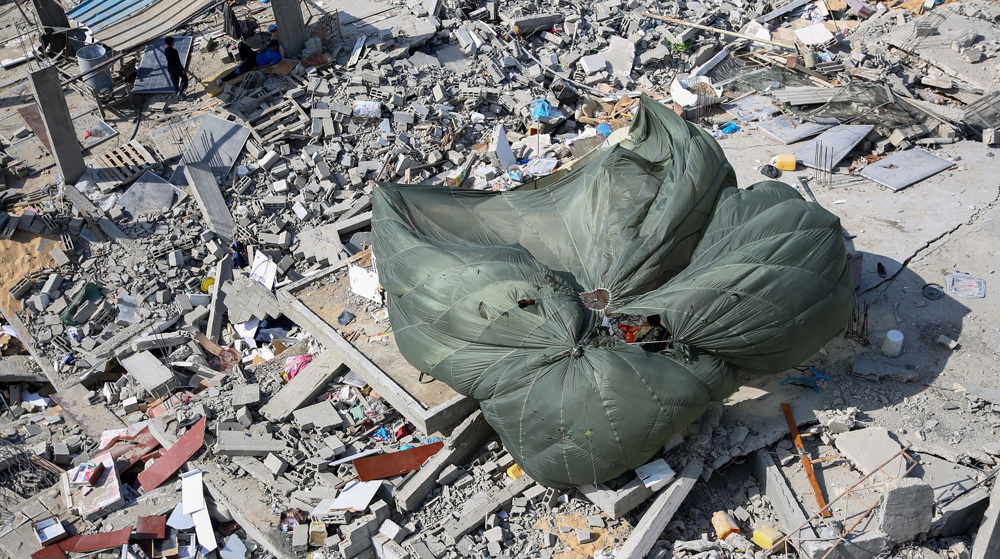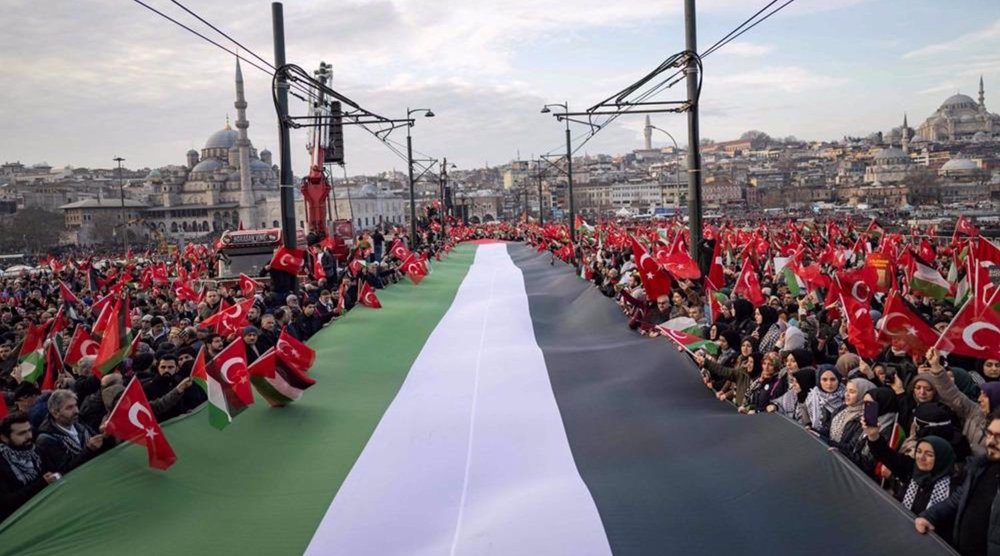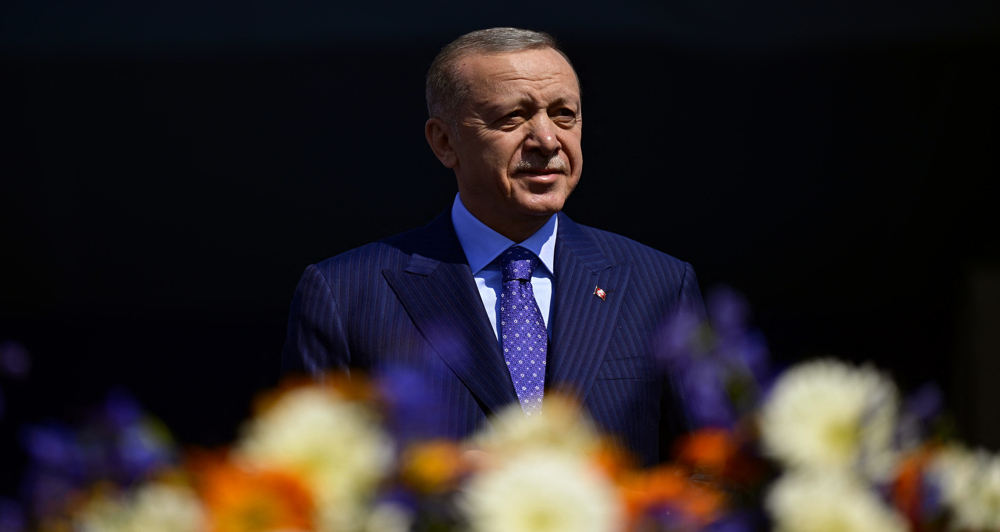Lifting emergency rule currently out of question, says Turkish president
Turkish President Recep Tayyip Erdogan has ruled out an immediate end to the year-old state of emergency imposed following a failed coup last year.
Erdogan said in a speech to investors in the capital Ankara on Wednesday that the measure could only be lifted once the fight against terrorism was finished.
"There can be no question of lifting emergency rule with all this happening," Erdogan said, adding, "We will lift the emergency rule only when we no longer need to fight against terrorism. Lifting the emergency rule can be possible in the not-too-distant future."
The president said the end of emergency rule could be possible "in the not-too-distant future". He gave no time frame for ending the emergency rule.
The state of emergency was initially imposed following the failed coup in the country on July 15, 2016. Since then, it has already been extended three times.
The state of emergency allows the president and cabinet to bypass parliament in passing new laws and to limit or suspend rights and freedoms as they deem necessary. The rule has also allowed the government to launch a harsh crackdown on those believed to have played a role in the failed coup.
The massive action, which has seen some 150,000 people sacked or suspended from the army, civil service and private sector, and more than 50,000 detained, has faced increasing international criticism, especially from Europe. Several European governments believe that Ankara has acted beyond the rule of law.
As the most recent example of crackdown, earlier on Wednesday, Turkish authorities detained 14 army officers and issued warrants for the detention of 51 people, including 34 former employees of state broadcaster TRT. They were detained over suspected links to the coup.
Critics say the administration of President Erdogan is using the measures to quash dissent, while the government says they are necessary because of the gravity of the security threats Turkey faces.

Prime Minister Binali Yildirim said on Wednesday that the purges in the military were probably coming to an end. "The military purge has been largely completed by the dismissal of soldiers across all ranks. This struggle will continue until the last FETO member has paid the price for their treason."
FETO is the term the government uses for the network of the US-based cleric Fethullah Gulen it blames for the coup. Gulen, who has lived in self-imposed exile in the United States since 1999, has denied the allegation.
In the coup attempt a faction of the military declared that the Erdogan administration was no more in charge of the country. A few hours later, however, the putsch was suppressed. Almost 250 people were killed and nearly 2,200 others wounded.
SCO chief condemns Israel’s terrorist attack on Iran’s Syria consulate
VIDEO | Press TV's news headlines
April 15: ‘Axis of Resistance’ operations against Israeli occupation
Yale students threaten hunger strike over university connection to Gaza war
Iran to UN: Anti-Israeli retaliation could have been wider in scope
VIDEO | Punishment promise fulfilled
Iran to respond to any fresh Israeli mistake ‘within seconds’: Deputy FM
Armed Forces warn Israel, Western supporters against crossing Iran's red lines










 This makes it easy to access the Press TV website
This makes it easy to access the Press TV website